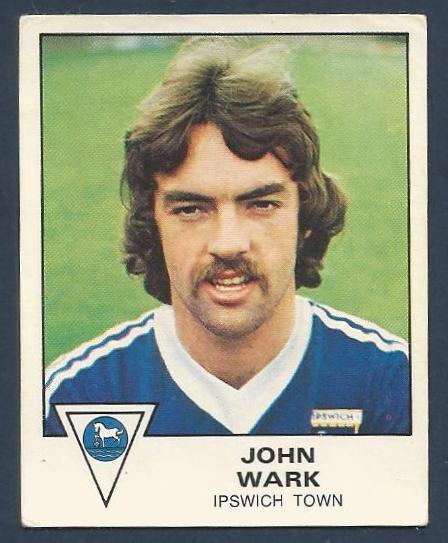This article was written in 2012 shortly after the arrival of Mick McCarthy as boss of ITFC
As a lifelong supporter of Ipswich Town, I have witnessed some triumphs, primarily during the late 70s and early 80s under the leadership of the legendary Sir Bobby Robson.

Our football club has been a disappointment since our glory days in Europe nearly 35 years ago. Despite one or two minor victories against the top teams in the Premier League and a successful play off final, we have not lived up to our previous success. We have only spent five of the past 27 seasons in the top flight, yet some fans still believe we belong in the Premier League. This is not true, as demonstrated by our failed attempt to compete with the top teams. We qualified for Europe, but wasted money on expensive players who did not contribute much, including the aging Finidi George. Our dreams quickly came crashing down to reality.
The time before that we clung on for dear life every season until we got embarrassed at Old Trafford by one of the worse Man Utd sides to grace the premier league. And the idiots still chant we’re the pride of Anglia. No we are not! Ask the bakers, builders, carpet fitters etc of Ipswich how much pride we had when bills went unpaid and businesses folded because we had to enter administration.
Next, we examine the inadequate players who have played on the esteemed Portman Road pitch. Following the departure of greats such as Mariner, Brazil, and Wark from our UEFA Cup squad, we were left with inferior players like Putney, Paz, Marshall, Pennyfather, and an aged Lee Chapman. Do you want me to continue? It’s absurd.
David Sheepshanks deserves much of the blame, as his 5-year plan involved currying favour with the FA for his own career development. It took him 7 years, but he achieved his goal. Additionally, Clegg was also at fault, as he lacked competence. In the past 3 seasons, we have had to pay off the contracts of 13 players, which is the same number of players we used when we finished as runners-up to Liverpool and Aston Villa in the early 80s. For younger readers, it’s important to note that Liverpool and Aston Villa were both formidable teams at the time.

Perhaps we dwell on the past too much. We were fortunate to have two exceptional managers in Robson and Ramsey, but we have endured a lot of subpar leadership since then. Bobby Ferguson’s transition from coach to manager never went well, and the John Duncan era was particularly bleak – and despite the statistics telling me otherwise he may even be considered the worst manager of all time. John Lyall showed promise, but his heart wasn’t fully in it, and then came Burley. After a rough start, he managed to guide us out of the lower divisions and delivered a strong first season in the premiership, almost securing a spot in the champions league. However, his shortcomings with finances and rumored involvement with sex lines caught up with us, leading to our return to a more appropriate level of competition.

Jim Magilton, one of our more recent top players replaced Burley, but his passionate Irish temperament didn’t suit everyone. When our wealthy benefactor Marcus Evans took over, Magilton was fired on the day of his mother’s funeral, a move that was far from classy. Evans, who preferred to remain behind the scenes, sought to elevate the club’s status by appointing Roy Keane, an eccentric Irishman, as the new coach. Evans’ right-hand man Clegg facilitated Keane’s arrival, sparking a media frenzy in town that rivaled the time of the prostitute murders back in 2005.
Keano’s tenure was terrible, as he was rumoured to have fought with players (possibly Pablo) and showed more interest in their living arrangements than their gameplay. This led to another 18 months of disappointment for the blues. Paul Jewell was appointed as his replacement, having had some success with Bradford in the past and performing well as a substitute on Soccer Saturday when Le Tiss was unavailable. However, as a manager of ITFC, Jewell was worse than Keano. Now, with the arrival of the mercurial Mick McCarthy (how many of you are now searching the meaning of “mercurial”?), we await a new era and we’ll see if what he’ll bring to the club.
My guess is absolutely nothing. If he is to succeed he needs a bloke who can bang in 20+ a season as a regular occurrence. Since John Wark hit the net 23 times in the 82/83 season (30 seasons ago) there have only been 6 instances where a bloke has scored 20 or more:-

Kevin Wilson – 25 in 86/87
David Johnson – 22 in 97/98
David Johnson – 23 in 99/00
Marcus Stewart – 21 in 00/01 (premier league)
Pablo Counago – 20 in 02/03
Shefki Kuqui – 20 in 04/05
Ladies and gentlemen I rest my case for Ipswich Town Football Club being nothing but a second division football club.